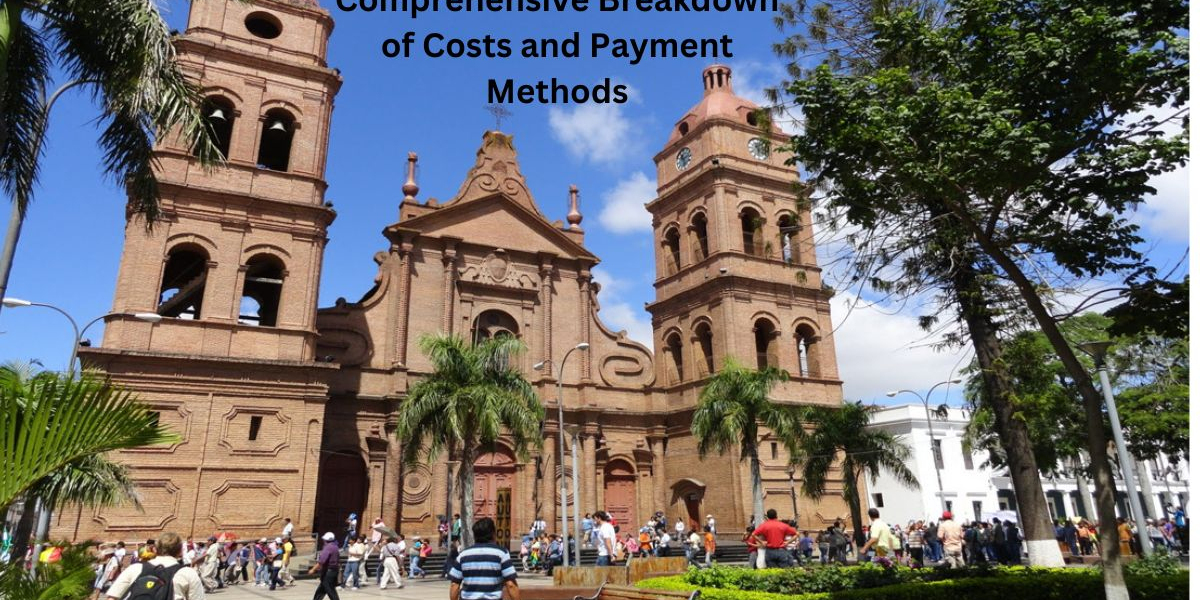Understanding Google’s Algorithm
Google uses a complex algorithm to rank websites based on various factors, including content quality, site speed, mobile-friendliness, and backlink profile. Understanding how this algorithm works can help businesses tailor their websites to meet Google’s ranking criteria.
Google’s algorithm is constantly updated to deliver the most relevant search results to users. This makes it essential for businesses to stay updated on SEO (Search Engine Optimization) trends and optimize their websites accordingly. A key factor in answering “How do I rank higher on Google?” is consistently producing high-quality, relevant content that addresses user intent.
How Do I Rank Higher on Google? The Basics of SEO
SEO is the practice of optimizing a website to improve its position in Google’s search results. When asking, “How do I rank higher on Google?” it’s essential to implement a robust SEO strategy. This includes technical SEO, on-page SEO, and off-page SEO, each of which plays a vital role in your ranking.
On-Page SEO
On-page SEO refers to the optimization of elements directly on your website. This includes:
- Title Tags and Meta Descriptions: Ensure your title tags and meta descriptions are compelling, relevant, and contain targeted keywords.
- Content Quality: Google rewards high-quality, original content. Make sure your content is well-researched, informative, and answers the searcher’s query effectively.
- Keyword Usage: Use keywords naturally throughout your content. Don’t overstuff them, but make sure they appear in critical locations like headings and the first 100 words.
- Internal Linking: Use internal links to guide visitors to relevant pages on your website, enhancing user experience and spreading link equity.
Off-Page SEO
Off-page SEO focuses on factors that occur outside your website. The most significant off-page SEO factor is backlinks, which are links from other websites pointing to yours. High-quality backlinks from reputable sites signal to Google that your content is valuable and trustworthy.
- Link Building: Focus on acquiring backlinks from authoritative websites in your niche.
- Social Media Presence: Having a strong social media presence can drive traffic to your site, indirectly boosting your SEO efforts.
- Guest Blogging: Writing guest posts on reputable blogs can help increase your exposure and generate valuable backlinks.
Technical SEO
Technical SEO ensures that search engines can crawl and index your website properly. Key technical elements include:
- Site Speed: Google prioritizes fast-loading websites. Use tools like Google PageSpeed Insights to test and improve your site’s speed.
- Mobile-Friendliness: With the increasing number of mobile users, Google places importance on mobile-friendly websites. Ensure your site is responsive and performs well on mobile devices.
- Structured Data: Implementing structured data (schema markup) helps search engines better understand your content and can enhance your visibility with rich snippets in search results.
Content Strategy for Ranking
Content is the foundation of any SEO strategy. When asking, “How do I rank higher on Google?” it’s crucial to focus on content that is not only relevant but also valuable to your audience. Here’s how you can improve your content strategy:
- Regularly Update Content: Fresh, updated content is favored by Google. Review and update your older content regularly.
- Answer Search Intent: Focus on answering the specific questions users are asking. This can be done by using tools like Google’s “People also ask” section or answering common industry questions in your blog posts.
- Multimedia Content: Incorporate images, videos, and infographics to make your content more engaging and shareable. Google rewards diverse content that enhances user experience.
Local SEO: A Game-Changer for Local Businesses
For businesses with a physical presence, local SEO is an essential factor in answering “How do I rank higher on Google?” Optimizing for local search helps you appear in local results, such as Google Maps and local pack results.
- Google My Business: Claim and optimize your Google My Business listing. Ensure your information is accurate and up-to-date.
- Local Reviews: Encourage satisfied customers to leave positive reviews. Google values authentic customer feedback.
- Local Citations: Ensure your business is listed in local directories, with consistent NAP (Name, Address, Phone Number) details.
How Do I Rank Higher on Google? Consistency and Patience
SEO is not an overnight success story. Achieving higher rankings takes time and consistent effort. Regularly monitor your website’s performance through Google Analytics and Google Search Console to identify areas for improvement. Continuously tweak your SEO strategy based on data and performance.









